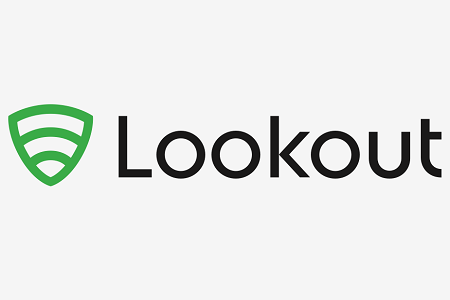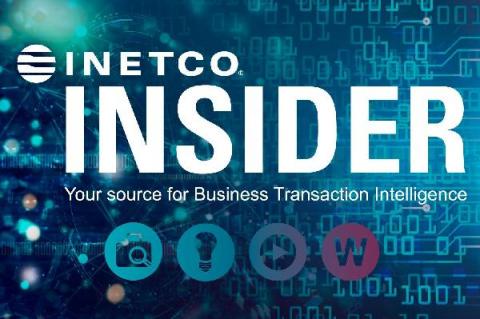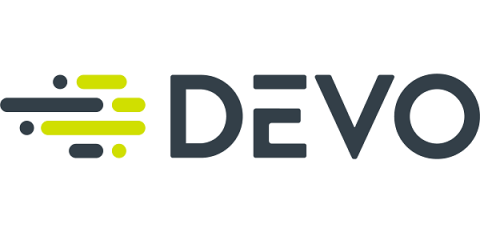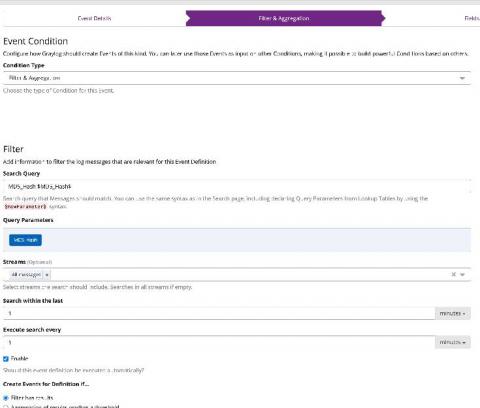Lookout Discovers New Spyware Used by Sextortionists to Blackmail iOS and Android Users
The Lookout Threat Intelligence team has discovered a new mobile app threat targeting iOS and Android users in Chinese speaking countries, Korea and Japan. The spyware, which we have named Goontact, targets users of illicit sites, typically offering escort services, and steals personal information from their mobile device. The types of sites used to distribute these malicious apps and the information exfiltrated suggests that the ultimate goal is extortion or blackmail.











